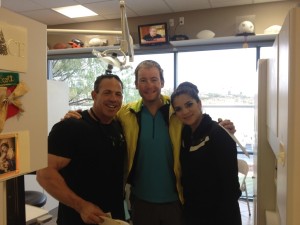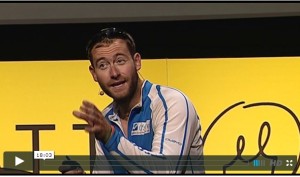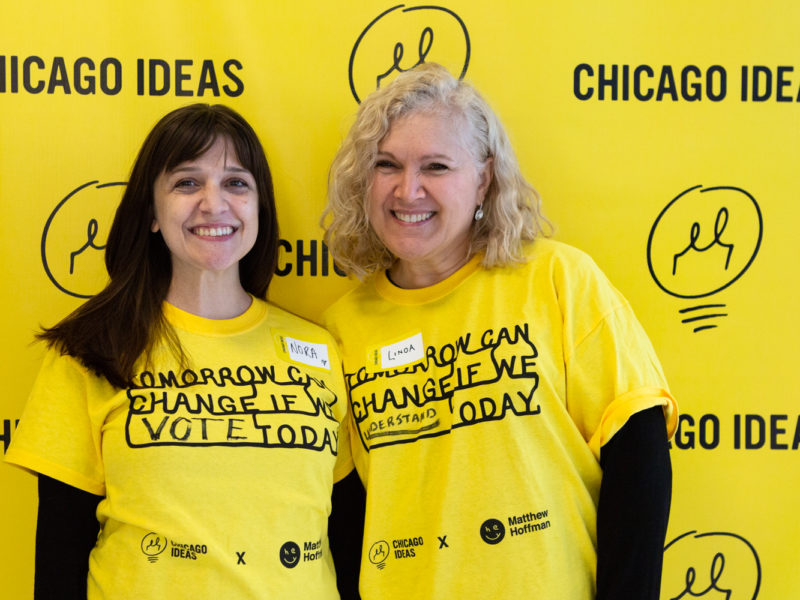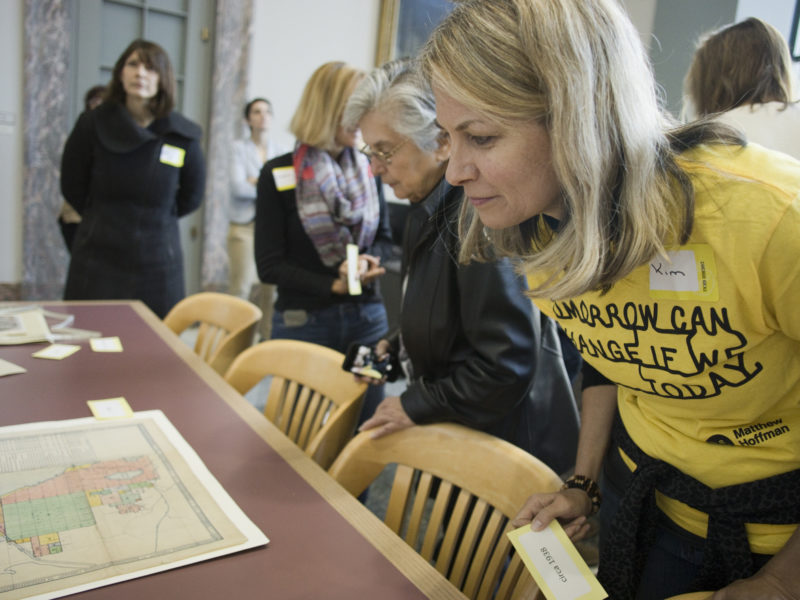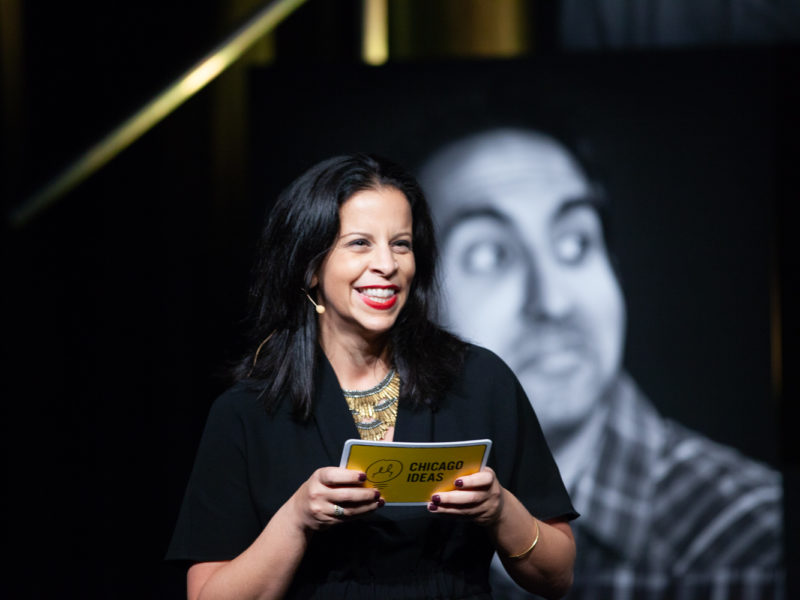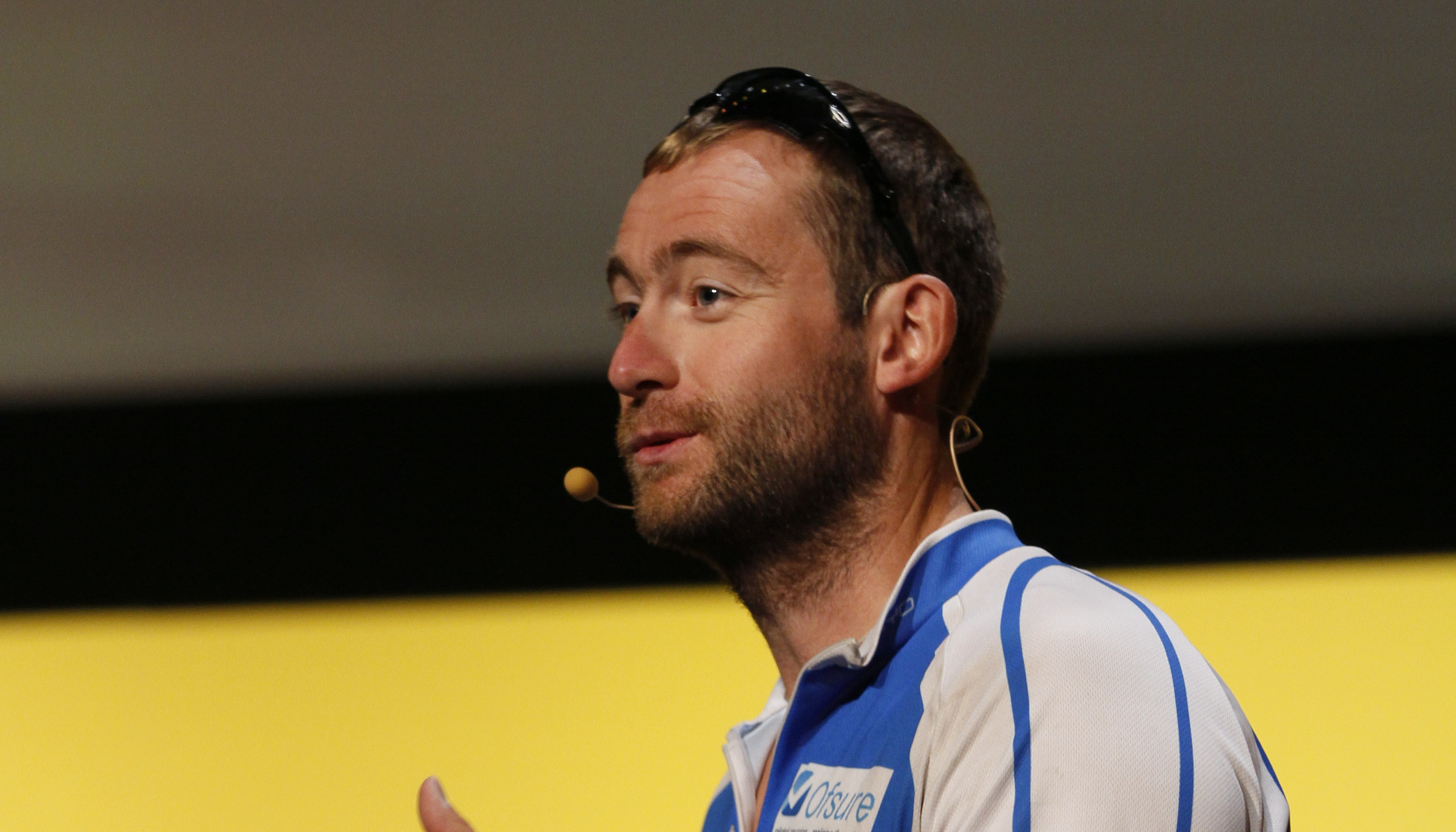
Lessons from the Super Triathlon
In 2013, James Ketchell took the CIW stage to tell us about rowing solo across the Atlantic and reaching Mount Everest’s peak. Last week, he got back from stage 3 of his Super Triathlon: an unsupported bike ride around the world. He was generous enough to share some lessons from his amazing adventure with us, and what—and where—he learned may surprise you.
Well, it’s been just over a week since I completed my 18,000-mile unsupported world cycle. I’m still trying to find my feet and get back into the swing of things at home. Seven years ago, I took a terrifying motorcycle accident as impetus for attempting this journey. It feels amazing to have now completed everything I set out to do.
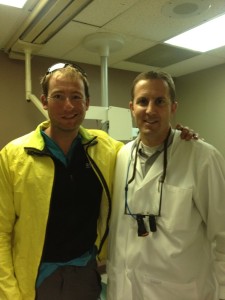 |
| Ketchell visiting the second dentist in El Paso. |
The second dentist’s visit was similar to the first, although this time the office lacked the sports bar atmosphere. After a 45-minute procedure, this dentist also told me, “What you’re doing and have done is simply amazing. I will not charge you for my time today. Enjoy the rest of your trip and Godspeed.” I couldn’t believe the generosity bestowed on me that day. I mumbled my thanks and shook his hand, with a half-numb face and a lopsided smile.
If you want to learn more about what motivated James Ketchell to go around the world in 214 days, you can watch his inspiring CIW Talk here:


